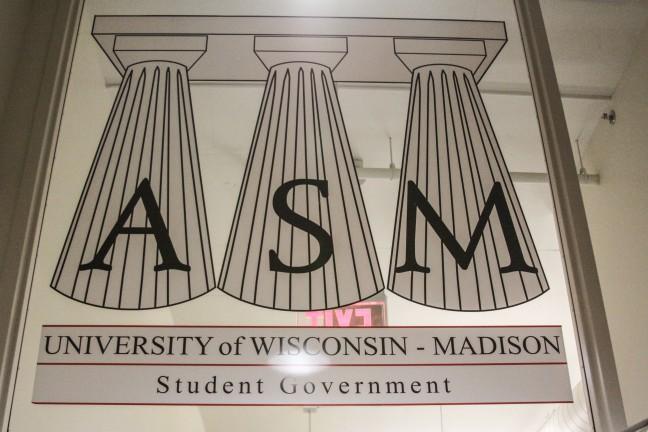In the past year, there has been an uptick in Student Judiciary cases against the Associated Students of Madison Grant Allocations Committee.
Wisconsin International Law Journal, a law school student organization that hosts a symposium every spring, brought one case forward. To afford the costs of their symposium, the organization relies heavily on funds from ASM, senior symposium editor for the WILJ John Rejowski said.
On Oct. 24, 2017 WILJ sent in their application to GAC for funding for their event, Rejowski said. They had a hearing on Dec. 6, 2017 where their budget was addressed.
“I get an email next day saying that all of our funds have been completely denied and we had no idea why,” Rejowski said.
WILJ immediately contacted GAC for a reason as to why their funds had been denied and they got a response five days later, Rejowski said. GAC’s rationale was that a professor was involved and that the funds would be used to “support another entity.”
WILJ then went through the appeals process with Student Judiciary as an attempt to get funding for their event, Rejowski said. They then had a hearing in front of Student Judiciary.
“When we got to our hearing [GAC chair Rachel Widra] said ‘Oh, the two reasons I gave you in the email for why you were denied; I didn’t actually deny you for those reasons. It was actually because of other discrepancies,’’’ Rejowski said. “It was weird to say that the emailed reason [Widra] gave for denying us is actually not the reason that you’re now arguing you denied our funding.”
Ultimately, WILJ won the case against GAC in Student Judiciary in a Feb. 23 decision. In the ruling, Student Judiciary ordered GAC to create clear and publically available guidelines for the interpretation of “primarily planned and organized” clause of GAC policies and procedures Section I.A(3) and then reschedule a budget hearing for WILJ.
Even after this, Rejowski felt as though the GAC did not follow the ruling because the definition of “primarily planned and organized” was not listed on their website. Rejowski emailed Widra with these concerns and she said the GAC discussed the definition in their last meeting and the audio and minutes are publicly available.
“When I read the Judiciary’s order mandating that these guidelines must be publicly available, I thought it would be in a place, like in their bylaws or on the Event Grant Website, that any person looking for it could easily find,” Rejowski said.
An overarching concern Rejowski held was about the confusion and lack of transparency regarding the whole process with the GAC, specifically with appeals. As a group of law students, WILJ knew how to write a brief and was familiar with other processes, but undergraduate students may be hesitant to appeal due to these barriers.
Widra said GAC is attempting to increase their transparency and make their processes easier for students. More specifically, GAC is working to make their policies and procedures available for students to read while they are filling out their application and making policies more digestible.
“The GAC simply can’t fund every event or travel that we see and the groups that are denied tend to be the groups that report discontent with the process or level of communication,” Widra said. “We do the best that we can to communicate as clearly as possible on such a large scale.”
March 9, 4:10 p.m.: Update: Several other organizations were contacted, but could not issue public statements because of ongoing investigations.


